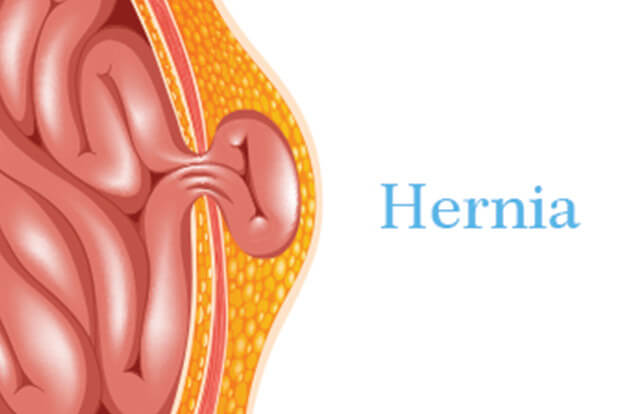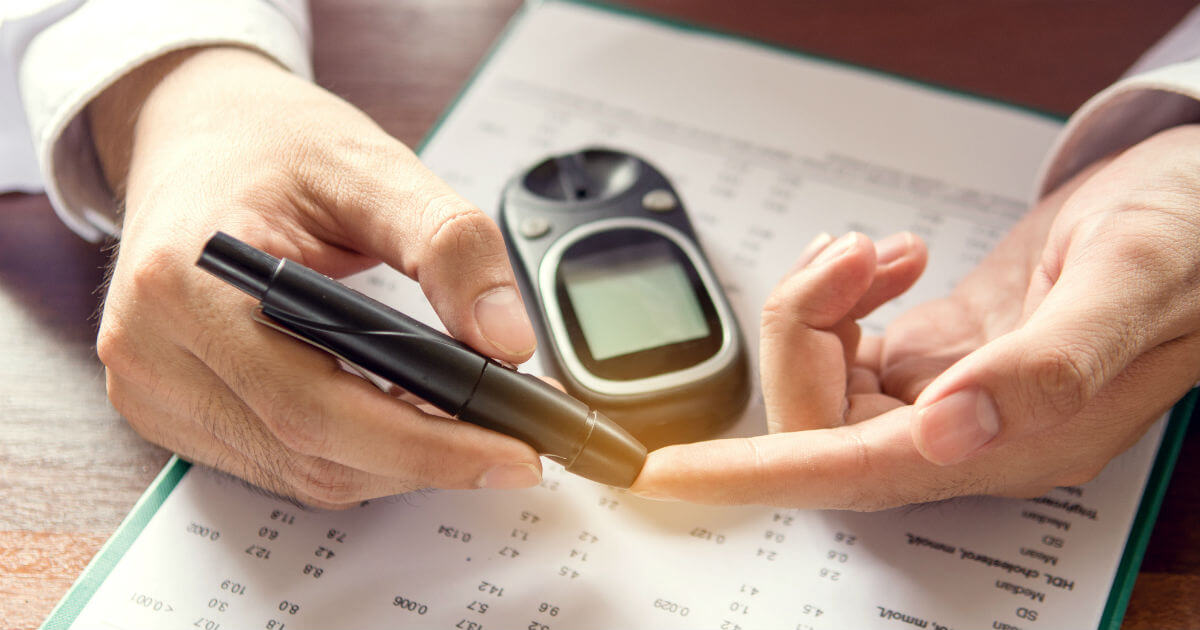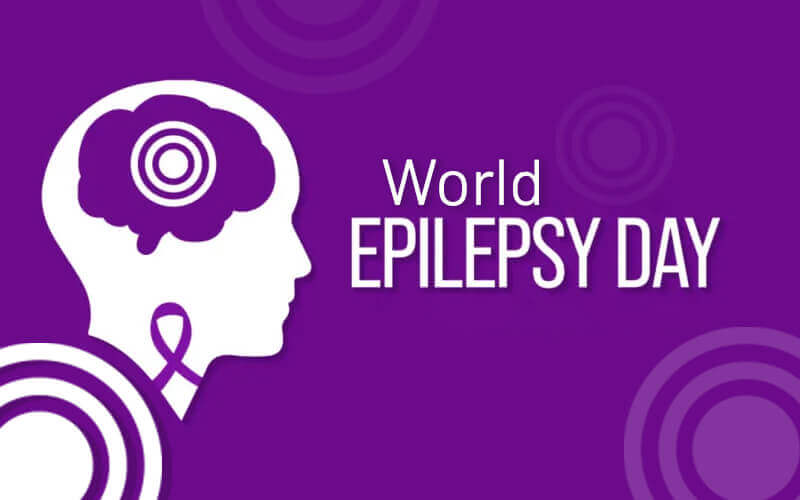Know types, causes, treatment of Hernia
Sun 06 Apr 2025, 22:35:56

Hernias are a common medical condition that can cause significant pain, discomfort and complications if left untreated. Understanding their causes, types, and treatment options is essential for timely intervention. Here, we address some frequently asked questions about hernias to help you make informed decisions about your health.
What is a hernia?
A hernia occurs when an organ or tissue pushes through a weak spot in the surrounding muscle or connective tissue, resulting in a visible bulge. Hernias commonly affect the abdomen or groin and can lead to pain, discomfort, and potential complications. Hernias can also occur inside the abdomen, and they are called internal hernias.
What are the different types of hernias?
Hernias can be categorised into three major types:
Uncomplicated hernia – The intestines or tissues protrude but are not trapped or obstructed. In these cases, typically, there is a swelling that appears on exertion and decreases on lying down or taking rest.
Incarcerated hernia – The protruding tissue gets trapped into the hernial defect and cannot be pushed back even at rest.
Strangulated hernia – The trapped tissue loses its blood supply, which can lead to tissue death (gangrene). This is a medical emergency requiring emergency surgery.
Since all hernias can potentially get incarcerated and strangulated, surgical repair for uncomplicated hernias is recommended to prevent future complications.
When is surgery necessary?
Hernia cannot be treated medically. All hernias require planned surgical treatment to avoid complications. Emergency surgery is recommended in the following cases:
Incarceration: When the hernia gets trapped and cannot be pushed back.
Strangulation: If the hernia is cutting off blood supply, it can cause severe pain, fever, and skin discoloration (dark, red, or purple). This requires emergency surgery.
Growth or discomfort: If the hernia is enlarging or causing pain and discomfort, surgery is advised to prevent worsening symptoms.
How is hernia surgery performed?
Hernia repair can be done using either open surgery or laparoscopic surgery.
Open hernia repair
The
patient receives local, spinal, or general anaesthesia.
patient receives local, spinal, or general anaesthesia.
The surgeon makes an incision and either ties off, pushes back, or removes the hernia.
The weak area is stitched, and a mesh is placed to reinforce the muscle and prevent recurrence.
Patients usually recover within a few weeks, with minimal hospital stay.
Laparoscopic hernia repair
The abdomen is inflated with carbon dioxide for better visualization.
3 to 4 small incisions are made on the abdomen.
A laparoscope (a small camera) guides the surgeon in repairing the hernia.
A mesh is used for reinforcement.
General anesthesia is required.
Recovery is generally quicker compared to open surgery, with less post-operative pain.
Robotic hernia repair
Robotic surgery is also used for advanced techniques of hernia repair. It gives the surgeon better ergonomics and is helpful in the management of complex hernias.
What are the advantages of Laparoscopic/Robotic hernia repair?
Laparoscopic/ Robotic surgery offers several benefits over open surgery:
Less post-operative pain
Shorter hospital stay – Many patients are discharged the same day or the next day.
Faster recovery – Patients return to normal activities sooner.
Minimal blood loss
Smaller scars
However, the choice of technique depends on the clinical discretion of the surgeon and on the type of hernia and its complexity.
What should be done after surgery? (Post-Operative Care)
Proper post-operative care is crucial for a smooth recovery:
Pain management – Prescribed pain medications must be taken if needed.
Wound care – The dressing should be left in place and is removed after a week.
Activity restrictions – Avoid strenuous physical activities for at least three months. However, light walking and movement around the house are encouraged.
Whether through open or laparoscopic/robotic surgery, hernia repair is a well-established procedure with high success rates. If you experience severe pain, fever, or skin discoloration at the hernia site, seek immediate medical attention.
Remember: Timely intervention is key to preventing complications and ensuring a smooth recovery.
No Comments For This Post, Be first to write a Comment.
Most viewed from Health
AIMIM News
Latest Urdu News
Most Viewed
May 26, 2020
Do you think Canada-India relations will improve under New PM Mark Carney?
Latest Videos View All
Like Us
Home
About Us
Advertise With Us
All Polls
Epaper Archives
Privacy Policy
Contact Us
Download Etemaad App
© 2025 Etemaad Daily News, All Rights Reserved.







.jpg)






















